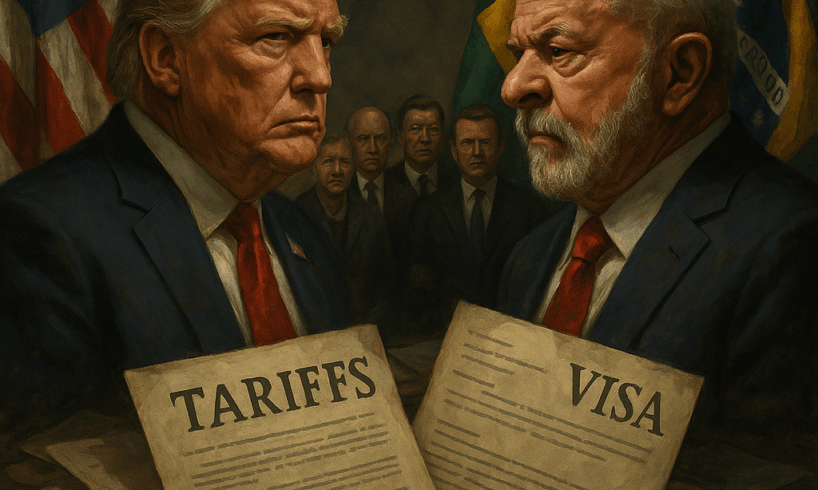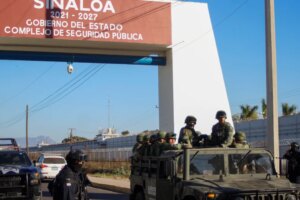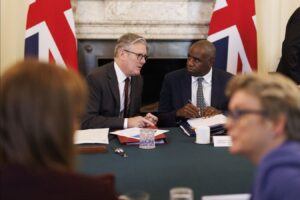
The past week saw a sharp escalation in tensions between Washington and Brasília, fueled by mounting accusations, retaliatory measures, and strategic maneuvering on both sides.
On one side is Brazilian President Luiz Inácio Lula da Silva, who is rallying fellow BRICS members — China, Russia, India, and South Africa — to back him against U.S. pressure.
On the other side stands Donald Trump, leading Washington’s response with tariff hikes, visa sanctions, and a renewed narrative casting Brazil as both an economic rival and a political cautionary tale.
How the Clash Escalated
Visa Sanctions: The U.S. State Department canceled visas of Brazilian health officials as well as relatives of Health Minister Alexandre Padilha. The move was framed as a condemnation of Brazil’s *Mais Médicos* program, accused in Washington of exploiting foreign doctors to prop up “authoritarian regimes.”
Human Rights Report: The State Department also released a politically charged report criticizing Brazil for alleged human rights abuses linked to court cases against Jair Bolsonaro and his supporters who contested the 2022 election. Unlike traditional technical assessments, this report carried clear ideological undertones.
Trade Disputes: Trump sharply attacked Brazil’s trade policies, portraying the country as a bad-faith partner. He pointed to Brazil’s steep import tariffs — 35% on cars, 20% on plastics, 16% on auto parts — compared to much lower U.S. rates. Despite this, the reality is more complex: the U.S. still ran a $7 billion trade surplus with Brazil in 2024, but Trump used the imbalance in tariff structures to justify his sudden 50% tariff hike on Brazilian exports.
Trump and Lula Escalate War of Words, Leaving Brazil–U.S. Crisis to Fester
Lula’s Countermove
In response, Lula leaned into geopolitics. He spoke directly with leaders of China, Russia, and India, seeking visible support.
China backed him publicly, criticizing U.S. “protectionism and unilateralism” — a signal not just of solidarity with Brazil, but also of Beijing’s interest in deepening BRICS’ role as a counterweight to Washington.
The Politics Behind the Dispute
The larger story is not only about Brazil–U.S. relations but also about each leader’s political needs:
For Trump, this is about narrative control. Casting Lula’s Brazil as corrupt, authoritarian, or untrustworthy allows him to flip the script from his own history of impeachment proceedings and criminal cases — reframing himself as the defender of democracy at home and abroad.
For Lula, the standoff reinforces his image among supporters as the Global South leader willing to push back against U.S. dominance, while also insulating himself against far-right criticism domestically by wrapping Brazil’s disputes in a broader struggle against Trumpism.
Washington Turns Up the Heat on Brazil — Echoes of Venezuela in Sanctions from Judges to Health Officials
Why It Matters
The clash risks spilling over into real economic and diplomatic damage. China, eager to exploit the rift, may redirect agricultural purchases away from U.S. suppliers to bolster Brazil.
Meanwhile, Trump’s aggressive protectionism could dent Brazilian exports and limit cooperation on health and security policies. Most importantly, neither side appears interested in toning things down.
The crisis has become a political tool: Trump uses it to harden his anti-globalist credentials, and Lula uses it to rally allies against U.S. unilateralism. Both stand to gain domestically from confrontation rather than compromise.
In short: What began as a familiar trade spat is morphing into a symbolic battle — less about tariffs or visas than about who will define the terms of democracy and power in the Americas.
Trump and Lula Escalate War of Words, Leaving Brazil–U.S. Crisis to Fester





